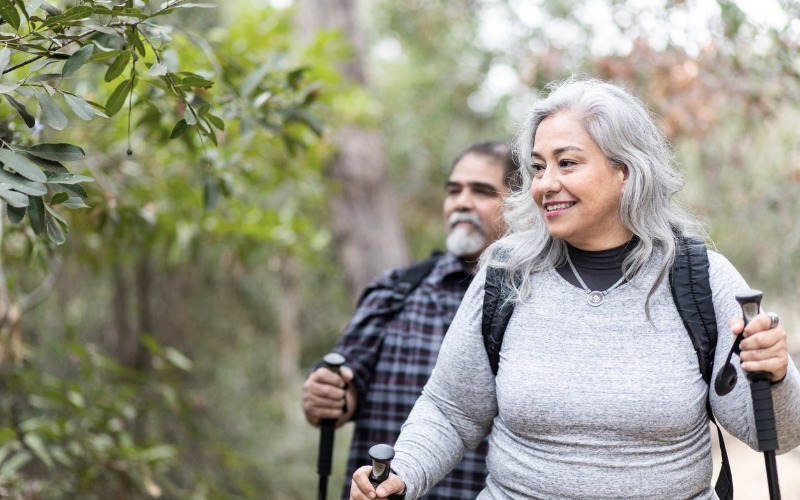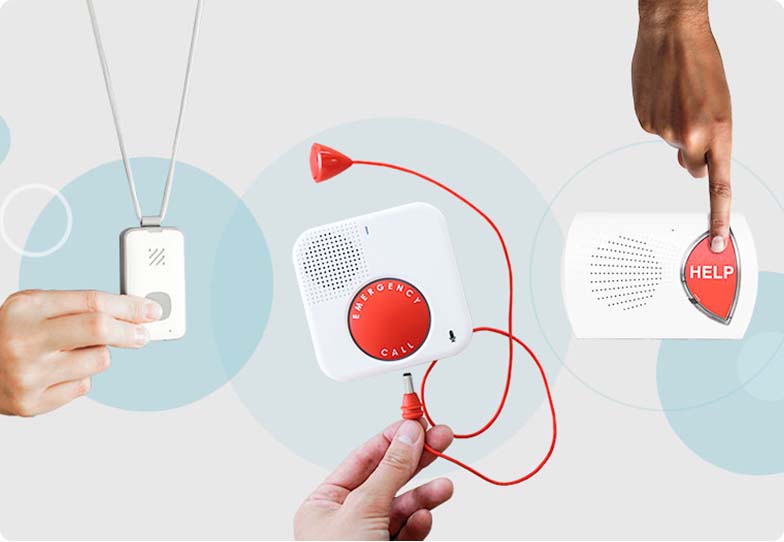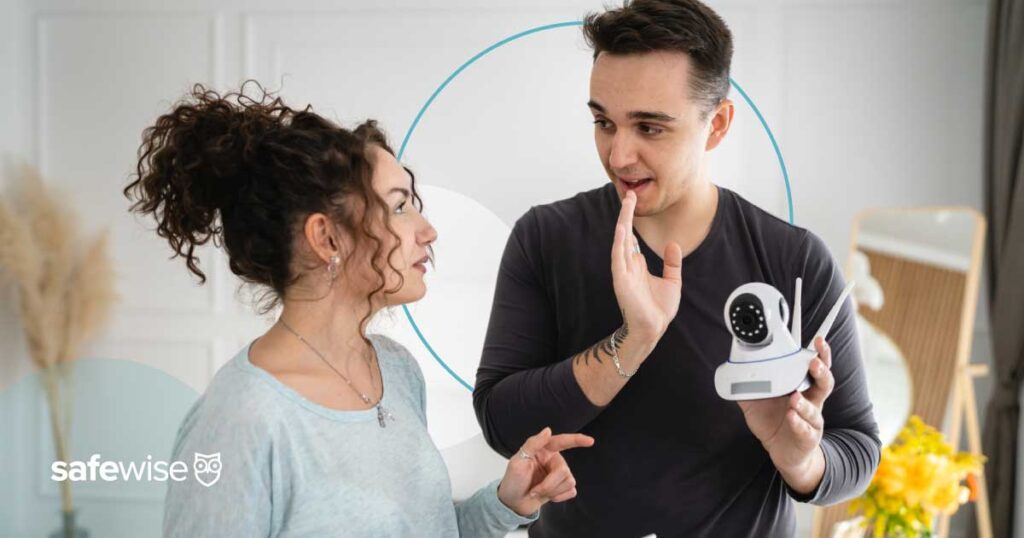When you’re checking out a potential new residence, you always have a million questions running through your head, and sometimes it’s easy to forget a few important ones. Consider taking a checklist with you to ensure you ask everything you want to know about your new house or apartment. A landlord is more likely to quickly bend to your whims before you move in (and before you hand over that first rent check), so you should ask questions and set your expectations up front. Here are seven safety questions to ask your landlord before you move in:
7 Safety Questions to Ask Your Landlord Before Moving In
SafeWise experts have years of firsthand experience testing the products we recommend. Learn how we test and review.
By signing up, you agree to our Terms and Conditions and Privacy Policy.
Check out International Van Lines. It's one of the best professional moving companies in the country, with transparent pricing, discounts, comprehensive service options, and helpful customer service.
1. Are all the appliances working properly?
Before a landlord leases a property, they should make sure that all the appliances are working properly, especially anything that uses gas, such as a stove. When you check out a home or apartment, you should check out all the burners, the fridge, and all the water taps. This question should also focus on safety features like carbon monoxide detectors, smoke alarms, and thermostats. These are important appliances and are vital for your safety and satisfaction when renting a new home.
2. Are the draperies, blinds, or curtains included?
Sometimes the window treatments are not included with the residence, so it’s always a good idea to check. Blinds, drapes, or curtains are essential when you’re moving into a place. You don’t want strangers to be able to look into your residence and see all your valuables, especially when you’re moving in and everything is scattered in plain view. Make sure to get some good window treatments installed stat if they don’t come with the residence.
3. Have the locks been changed?
Whether you’re moving into an apartment or a house, insist that the locks be changed before moving in. Make sure the locks are new and not just redistributed. Some apartment owners just rotate the locks between apartments, which can be dangerous. You never know who might be savvy to the system and have keys to the old locks. You might also consider asking for an upgrade to a smart or electronic door lock. Some landlords will be willing to let you install this if you foot the bill.
4. How can you stay safe in the neighborhood?
Your landlord should know the neighborhood well enough to give you general safety advice. For example, do they provide covered parking (since street parking risks car burglary)? If you live in a complex with a building door, is there a key or electronic code used to lock the building in the evening?
5. Are there motion-sensor lights? Is the area well-lit?
It may not be a bad idea to check out your potential residence at night to see how the lighting checks out, rather than taking the landlord’s word for it. Unlit areas can turn into convenient hiding spots for potential intruders, so the more lighting outside, the better. Motion-sensor lights are great because you don’t have to waste energy leaving lights on, but if motion is detected near an entrance or window, the lights will come on. You can find motion sensor lights at pretty affordable prices, and they make a big difference in the safety of your home.
6. Is there a fire extinguisher on the premises?
Although it’s more common in apartment complexes, many residences come equipped with fire extinguishers to use in case of emergency. If your residence does not come with a fire extinguisher, consider buying one and keeping it in an easy-to-grab place in case of a fire emergency. Educate yourself about what to do in case of a fire, and make sure you have all of the essentials ready to go.
7. Has the place been tested for mold?
Mold in homes can be associated with several health risks, including eye irritation, respiratory problems, and headaches. Mold can often be found in crawl spaces, attics, and drywall, and if found, it should be removed immediately and the area should be cleaned. Generally, homes or apartments should be tested for mold every 5–10 years. Be especially careful if you notice any black mold, and be sure to ask about this when you're taking your first tour of the home.
Don’t hesitate to ask your landlord questions, and be prepared to make safety adjustments in your new home or apartment. For more safety tips for apartments, check out our renter’s guide to home security
Related pages
Recent Articles



